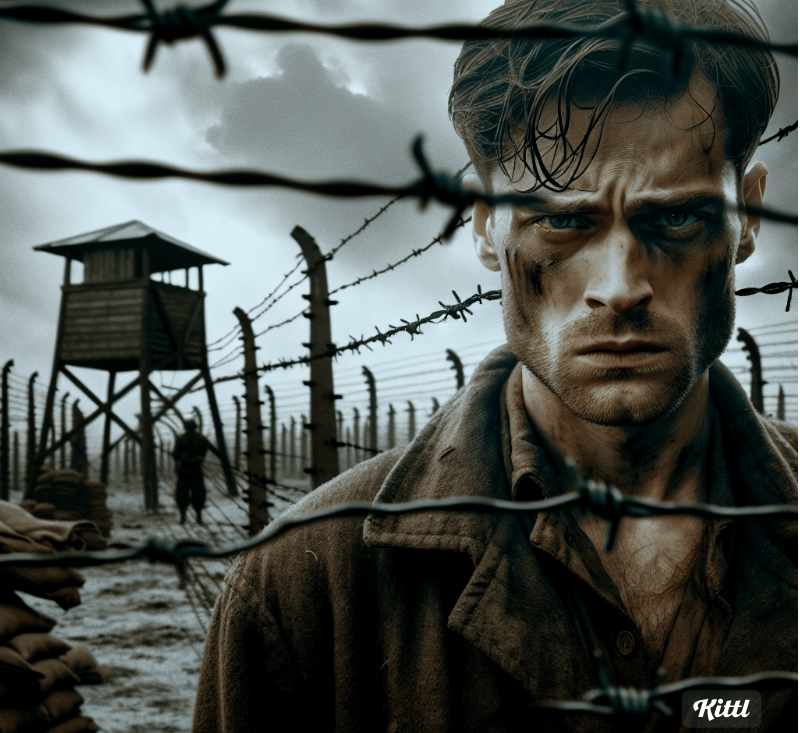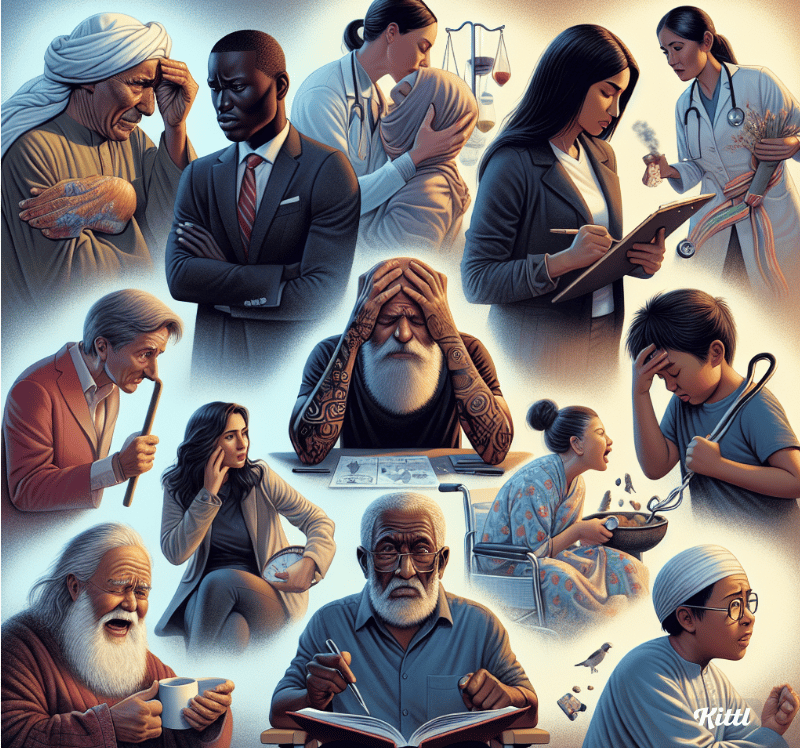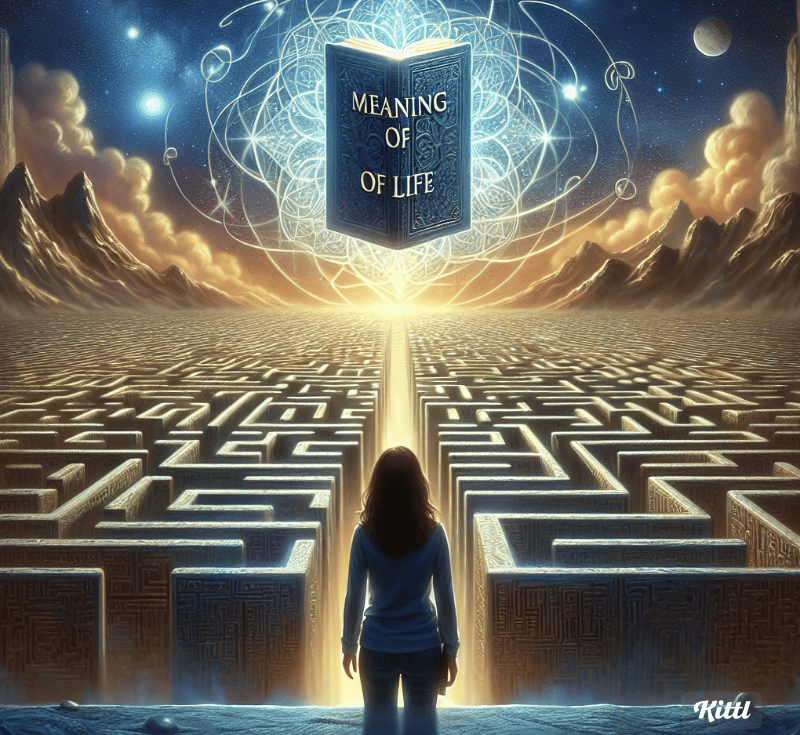Book summary of "Man's Search for Meaning" by Viktor E. Frankl
"Man's Search for Meaning" by Viktor E. Frankl is a profound exploration of the human experience in the face of suffering and adversity. Based on Frankl's experiences as a Holocaust survivor and psychiatrist, this timeless work delves into the existential question of finding meaning and purpose in life, even amidst the most unimaginable circumstances. Through personal anecdotes, psychological insights, and philosophical reflections, Frankl offers readers a powerful message of hope, resilience, and the enduring capacity for human spirit to triumph over adversity. This book summary will provide a concise overview of each chapter, highlighting key concepts and insights that have inspired readers worldwide.
BOOK SUMMARIES
Jett Boudin
2/17/20243 min read


Chapter Summaries
Chapter 1: Experiences in a Concentration Camp
Frankl recounts his harrowing experiences as a prisoner in Nazi concentration camps during World War II. He describes the brutal conditions, dehumanizing treatment, and pervasive suffering endured by himself and his fellow inmates. Despite the unimaginable horrors of the Holocaust, Frankl reflects on the resilience of the human spirit and the enduring search for meaning in the face of adversity.
Chapter 2: Logotherapy in a Nutshell
In this chapter, Frankl introduces the principles of logotherapy, his psychotherapeutic approach to finding meaning in life. He explains that the primary motivation of human beings is the search for meaning, and that individuals can discover meaning in their lives through creative, experiential, and attitudinal values. By embracing responsibility and finding purpose in suffering, individuals can transcend their circumstances and lead meaningful lives.
Chapter 3: The Case for a Tragic Optimism
Frankl explores the concept of "tragic optimism," the belief that even in the most challenging and tragic circumstances, individuals can find meaning and purpose. Drawing on his experiences in the concentration camps, Frankl emphasizes the importance of maintaining hope and finding meaning in suffering. By embracing a mindset of tragic optimism, individuals can cultivate resilience and find strength in the face of adversity.
Chapter 4: The Concept of the "Unconscious"
In this chapter, Frankl examines the role of the unconscious mind in shaping human behavior and experiences. He discusses how unconscious drives and motivations influence individuals' responses to life's challenges and opportunities. Through self-awareness and reflection, individuals can gain insight into their unconscious desires and fears, empowering them to make conscious choices and find meaning in their lives.
Chapter 5: Logotherapy in Action
Frankl illustrates the principles of logotherapy through case studies and examples from his clinical practice. He demonstrates how individuals can overcome psychological struggles and find meaning in the midst of suffering, trauma, and loss. By exploring the existential vacuum and confronting the fundamental questions of existence, individuals can embark on a journey of self-discovery and transformation.
Chapter 6: The Will to Meaning
Frankl explores the concept of the "will to meaning," the innate drive to find purpose and significance in life. He argues that individuals can find meaning in every moment, regardless of their circumstances or external conditions. By embracing freedom and responsibility, individuals can transform their suffering into a source of strength and find fulfillment in the pursuit of meaning.
Chapter 7: Tragic Triad: Guilt, Suffering, and Death
Frankl examines the existential challenges of guilt, suffering, and death and their impact on human consciousness. He explores how individuals grapple with feelings of guilt and remorse, confront the inevitability of suffering, and come to terms with the reality of death. Through acceptance and transcendence, individuals can find meaning and purpose in the face of life's inherent challenges.
Chapter 8: The Last Human Freedom: Attitude
In this chapter, Frankl asserts that while individuals may not be able to control their external circumstances, they have the ultimate freedom to choose their attitude towards life's challenges. He emphasizes the power of attitude in shaping our experiences and responses to adversity. By adopting a positive outlook and finding meaning in suffering, individuals can transcend their circumstances and live with purpose and dignity.
Chapter 9: The Search for Meaning in Everyday Life
Frankl encourages readers to embrace the search for meaning in their everyday lives, recognizing that meaning can be found in the most ordinary and mundane experiences. He advocates for mindfulness, presence, and gratitude as pathways to discovering meaning and purpose in each moment. By living authentically and embracing life's uncertainties, individuals can find fulfillment and joy in the journey of self-discovery.
Chapter 10: The Meaning of Life
In the final chapter, Frankl reflects on the ultimate question of the meaning of life. He argues that the search for meaning is a deeply personal and subjective journey, shaped by individual experiences, values, and aspirations. Rather than seeking a universal answer to the question of life's meaning, Frankl encourages readers to find their own unique purpose and live in alignment with their deepest values and aspirations.
Conclusion
"Man's Search for Meaning" offers readers a profound exploration of the human condition and the quest for meaning and purpose in life. Through personal anecdotes, psychological insights, and philosophical reflections, Viktor E. Frankl inspires readers to embrace the inherent dignity and resilience of the human spirit. By confronting life's challenges with courage, hope, and a sense of purpose, individuals can transcend suffering and find meaning in even the most difficult circumstances. This timeless work continues to resonate with readers worldwide, offering a message of hope, resilience, and the enduring capacity for human spirit to triumph over adversity.





















